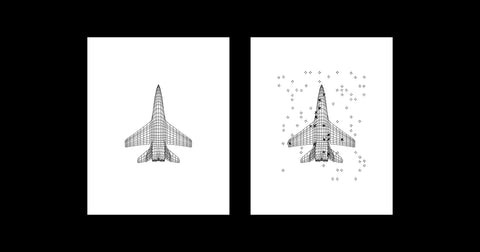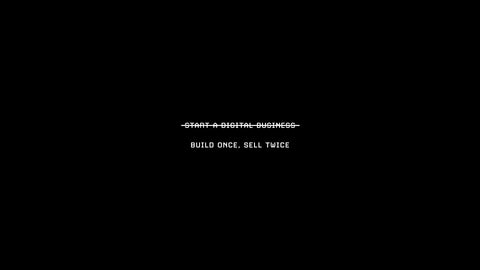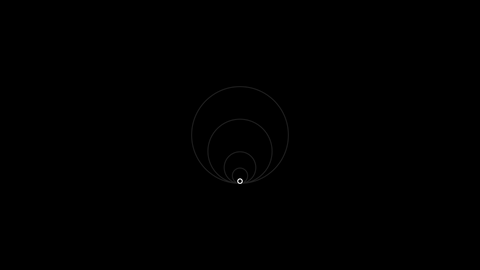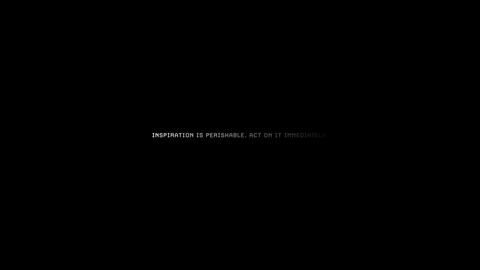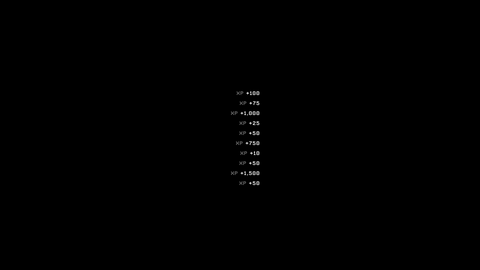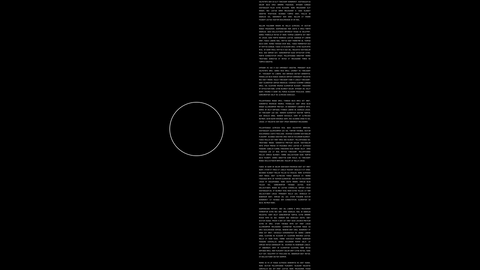Gas Wars is a networked generative artwork inspired by the concept of Survivorship Bias, popularized during WW2 by statistician Abraham Wald.
Wald observed that bullet holes in returning aircraft showed where planes could survive damage, not where they needed protection.
The missing planes told the real story.
Gas Wars creates 500 combat simulations priced linearly from $0 to $499, each representing the cost per bullet fired at an aircraft.
Simulation Zero is sold via a no reserve auction, beginning 24 hours prior on gaswars.vv.xyz.
The remaining 499 simulations were available for 500 seconds only on Art Blocks.
Early simulations fire fewer bullets and face better survival odds than more expensive late scenarios. But expensive simulations reveal more information about destruction patterns.
Low prices may trigger network congestion, the "Gas Wars" that defined early Art Blocks Curated releases.

Collector Interface, via artblocks.io
The algorithm generates aircraft that may emerge damaged, destroyed, or absent entirely. Expensive pieces that face hundreds of bullets provide the richest data about vulnerability, even as they're least likely to survive.
Collectors may race for perceived safety while high-information tokens with poor survival odds remain unclaimed.
The economic mechanics of Gas Wars create their own survivorship bias.

